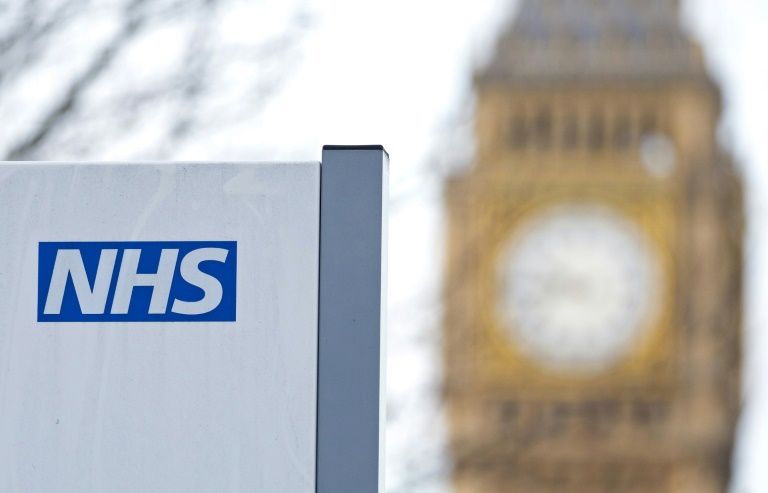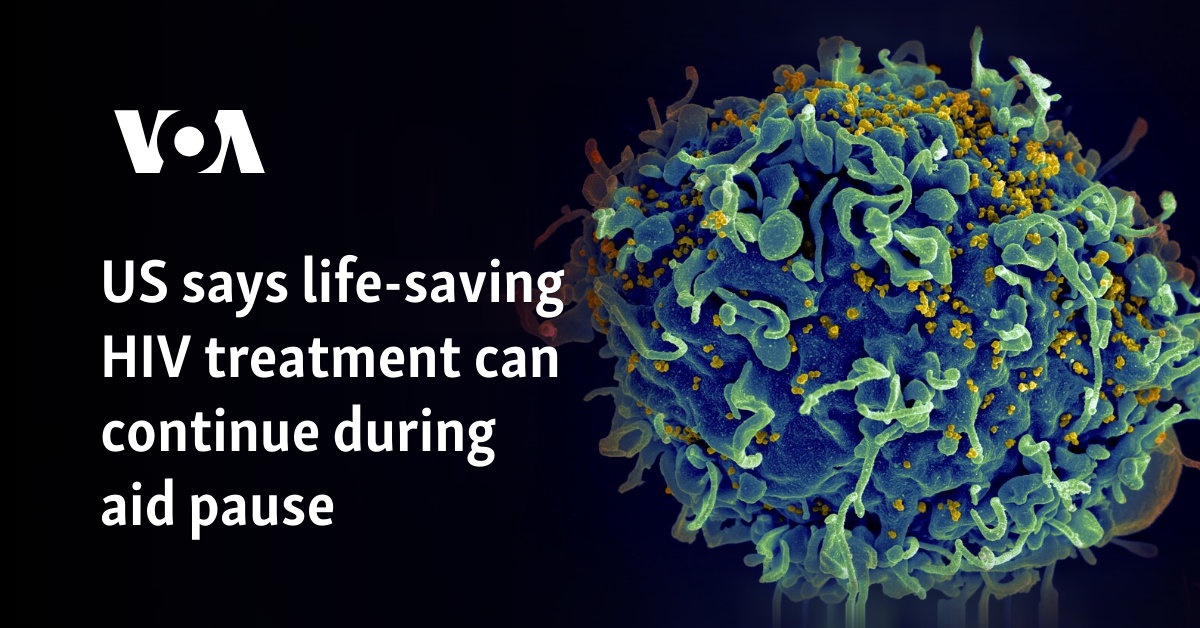In a renewed wave of discontent, junior doctors in England are gearing up for strikes later this month and early next year after discussions with the government collapsed. The British Medical Association (BMA) has announced plans for its members to stage walkouts both before Christmas and in early January, spanning several days each.
The impending strikes are scheduled to unfold in two phases. The initial action will span three days, commencing at 7 a.m. on Wednesday, 20 December, and concluding at 7 a.m. on Saturday, 23 December. Subsequently, the second walkout is planned over a more extended period, covering six days from 7 a.m. on Wednesday, 3 January, to 7 a.m. on Tuesday, 9 January.
The BMA has issued a directive to its members, highlighting that they should refrain from attending any shifts starting after 6.59 am on the first day of the strike but can resume shifts starting from 7 am on the final day.
The impasse between ministers and BMA representatives has persisted for over a month, revolving around the contentious issue of pay. The co-chairs of the BMA junior doctors committee, Dr Robert Laurenson and Dr Vivek Trivedi, expressed their frustration, stating that the decision to strike was compelled by the government’s failure to present a credible pay offer, even after five weeks of intensive negotiations.
According to the committee co-chairs, the government proposed an additional three per cent pay increase, distributed unevenly across doctors’ grades. However, this offer would still translate to pay cuts for many doctors in the current year.
The doctors asserted that the government has yet to address the real-terms pay reduction experienced by doctors since 2008. Dr Laurenson and Dr Trivedi regretfully noted that despite a more constructive approach, the government’s proposals fell short of creating a credible deal capable of resolving the dispute.
Expressing disappointment with the lack of progress, the committee co-chairs stressed that the impending strikes aim to underline the unwavering determination of doctors to reverse the ongoing trend of pay cuts, highlighting the challenges faced in sustaining morale and retaining medical professionals.
In a direct appeal to Health Secretary Victoria Atkins, the BMA conveyed its readiness to return to the negotiating table if a credible offer were presented. Dr Laurenson and Dr Trivedi underscored the urgency of the situation, suggesting that if a credible offer materialises on the day before or during the strike action, the strikes could be called off.
Responding to the situation, Health Secretary Victoria Atkins expressed her disappointment with the BMA’s decision to declare new strikes, citing potential disruptions for patients and added pressure on NHS services, especially during the demanding winter period. Acknowledging the importance of doctors in training, she reiterated her willingness to collaborate in settling the dispute.
Atkins revealed that a fair and reasonable offer had been reached with the BMA’s consultants committee, with the proposal currently under consideration by members following constructive talks. She emphasised the government’s commitment to returning to negotiations immediately if the junior doctors’ committee called off their strikes.
As the healthcare system braces for the impact of the impending strikes, the onus now falls on both parties to find common ground and avert further disruptions. The stakes are high, not only for junior doctors seeking fair compensation but also for the patients who rely on a stable and functioning healthcare system, especially during challenging times.
The Department of Health and Social Care (DHSC) has initiated a review to assess healthcare providers’ adherence to duty of candour principles, aiming to ensure transparency and honesty in patient care, particularly during challenging situations.
Amid concerns about potential lapses in upholding the statutory duty of candour regulation, the review will delve into the existing policy’s implementation, monitoring, enforcement and its efficacy in achieving its intended goals.
Health Minister Maria Caulfield highlighted variations in the application of the duty of candour rules since their inception in 2014 for NHS trusts and in 2015 for all other providers. The review seeks to address these discrepancies.
According to the terms of the review, patients and their families are entitled to timely explanations and a sincere apology if something goes wrong during the provision of health and care services. These regulations aim to uphold transparency and accountability in healthcare practices.
The Care Quality Commission bears the responsibility of ensuring providers comply with the duty of candour, which involves prompt action following safety incidents, providing accurate accounts and maintaining comprehensive records of all relevant meetings and communications.







